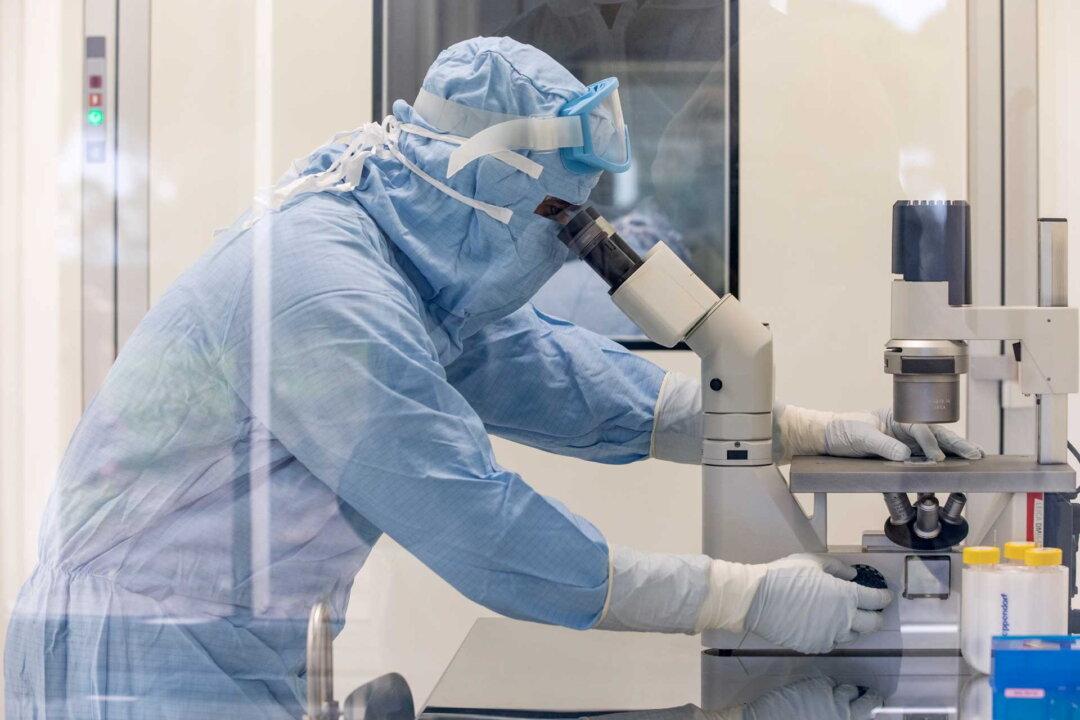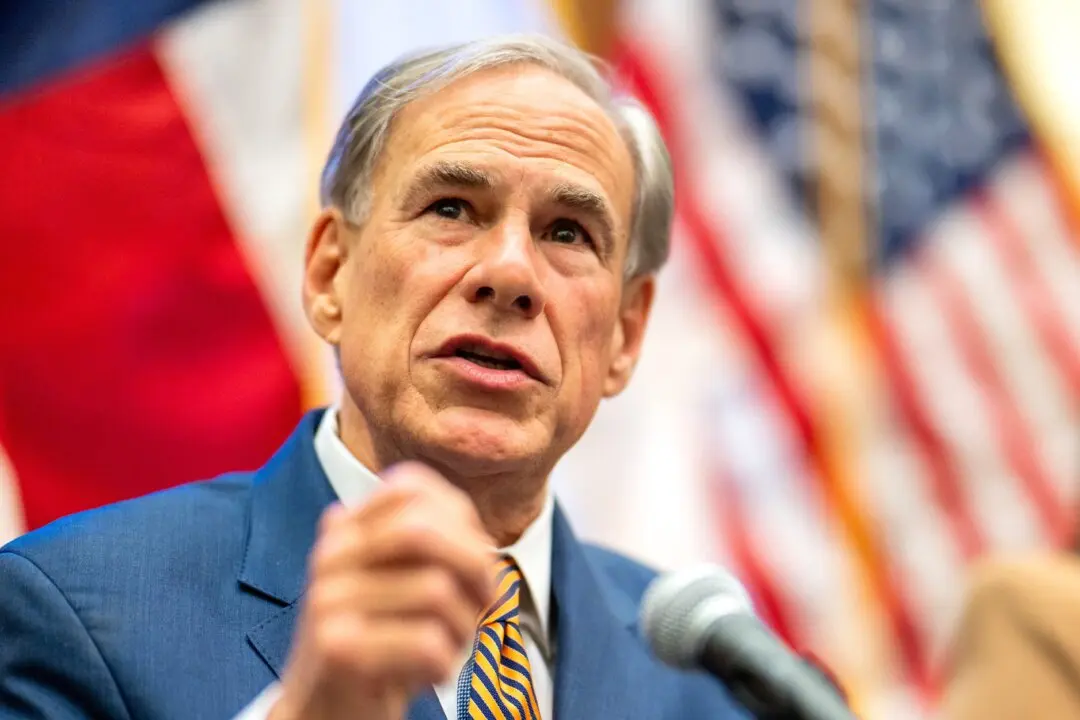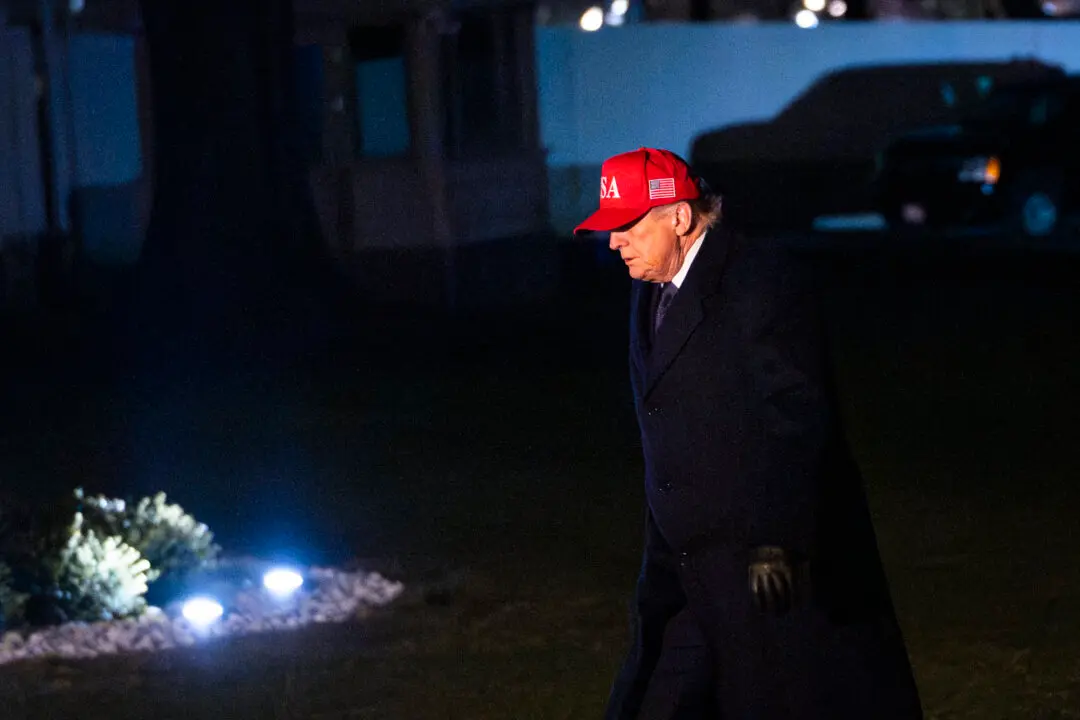The National Institutes of Health (NIH) said it is looking into a preprint study that was carried out at Boston University that created a “chimeric” COVID-19 variant that killed 80 percent of lab mice.
“The National Institute of Allergy and Infectious Diseases (NIAID), part of the National Institutes of Health, did not review nor issue awards for experiments described in a pre-print article on SARS-CoV-2 research at Boston University’s National Emerging Infectious Diseases Laboratories (NEIDL),” NIH told news outlets this week.





